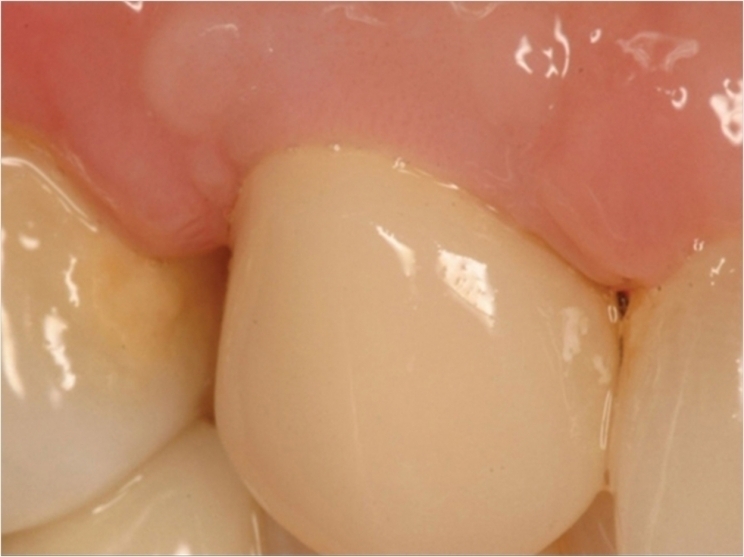
Researchers at the University of Pittsburgh’s Swanson School of Engineering are using electrochemical therapy (ECT) to enhance the ability of antibiotics to eradicate microbes that infect dental and other medical implants and cause them to fail.
Titanium’s low density, high stiffness, high biomechanical strength-to-weight ratio, and corrosion resistance suit it for use in implants, report the researchers. However, its surface also is suited for the accumulation of microbes.
Chronic infections and inflammation in the surrounding tissue often result from this accumulation. Consequently, the researchers said, 5% to 10% of dental implants fail and must be removed within 10 to 15 years to prevent infection in the blood and other organs.
“We live in a crisis with antibiotics. Most of them are failing. Because of the drug resistance that most microbes develop, antimicrobials stop working, especially with recurring infections,” said Tagbo Niepa, PhD, assistant professor of chemical and petroleum engineering at the school.
“With this technique, the current doesn’t discriminate as it damages the microbe cell membrane. It’s more likely that antibiotics will be more effective if the cells are simultaneously challenged by the permeabilizing effects of the currents. This would allow even drug-resistant cells to become susceptible to treatment and be eradicated,” said Niepa.
ECT passes a weak electrical current through the metal-based implant, damaging the attached microbe’s cell membrane but not harming the surrounding healthy tissue. This damage increases permeability, making the microbe more susceptible to antibiotics.
Since most antibiotics specifically work on cells that are going to replicate, they do not work on dormant microbes, which is how infections can recur. ECT causes electrochemical stress in all the cells to sensitize them, making them more susceptible to antibiotics.
The researchers hope ECT will change how infections are treated. They focused their study on Candida albicans, one of the most common and harmful fungal infections associated with dental implants. Niepa says the technology may have other applications, such as wound dressings.
The study, “Electrochemical Strategy for Eradicating Fluconazole-Tolerant Candida Albicans Using Implantable Titanium,” was published by ACS Applied Materials & Interfaces.
Related Articles
Treating Peri-Implantitis: An Alternative Approach
Improving Implant Survival by Implementing the Use of an Electric Toothbrush
When Candida Albicans Resists Medication, Starve It Instead











